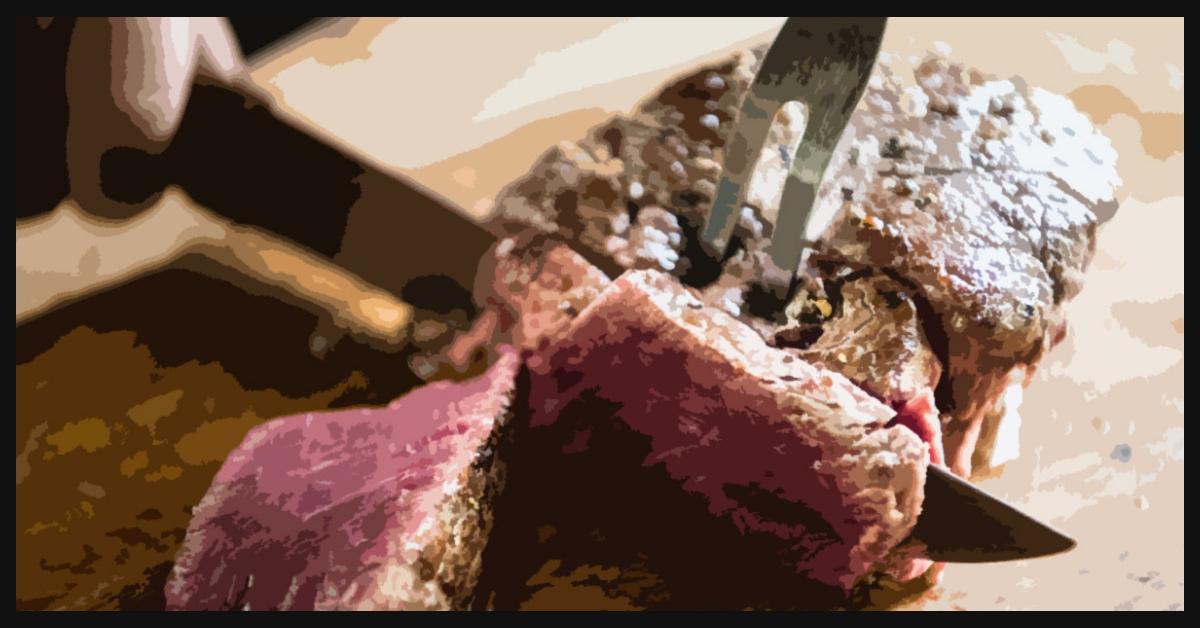•The keto diet works by sharply reducing your carb intake, replacing it with fat.
•This puts your body in ketosis, which increases your body’s fat-burning efficiency.
•The keto diet requires more research though, as new findings reveal that the ketogenic lifestyle may have both positive and negative impacts on the body.
Isn’t it such an alluring prospect to lose weight specifically by chowing down on fatty foods and dairy products? What a dream it is, to work on that six-pack you’ve always wanted to have while feasting on pork chops and delicious bulalo marrow.
Much has been said about the ketogenic diet, and with good reason. It may sound too good to be true, but the basic science behind it checks out, at least.
The keto diet is a high-fat, low-to-no-carb diet. It works on the premise of diverting your cells’ fuel from glucose (found in carbohydrates) to your own body fat. In this process, your liver converts body fat into compounds called ketones, which are said to supply energy to your brain.
While the ketogenic diet has been practiced since the 1920’s, there is still more to learn and understand about it.
Recent studies on keto reveal more about its practice and effects. Here are three of the most surprising ones.
Keto as potential Alzheimer’s disease treatment
Newly published research in the journal Nutrition highlights the keto diet’s potential in fighting Alzheimer’s disease. The study correlates keto with the reversal of neurotoxicity of amyloid plaques, a compound accumulated in the brains of Alzheimer’s patients.
The findings show that a low-carb, high-fat diet may mitigate the damage associated with the neurodegenerative condition.
How Alzheimer’s disease works is not yet completely understood by scientists. However, the study suggests that curbing glucose intake may improve the transportation of important lipids to the brain — a mechanism that diminishes in early stages of Alzheimer’s.
Heart rhythm disorder: correlated to keto?
Meanwhile, new research presented at the American College of Cardiology’s 68th Annual Scientific Session warns against the effects of low carb intake.
According to the study, people who consume a low amount of carbs are more likely to develop atrial fibrillation, a type of heart arrhythmia.
During the course of their study, the researchers analyzed health records from the Atherosclerosis Risk in Communities. Records of nearly 14,000 people were accounted for, spanning over two decades.
The researchers found that patients whose diets comprised less than 44.8 percent of calories from carbs were the most likely to develop atrial fibrillation. In fact, they were 18 percent more likely to experience this than patients with moderate carb intake.
According to the researchers, this may be because low-carb diets involve fewer vegetables, fruits and grains. Those food groups are known to reduce inflammation.
This is the first and largest study to assess the relationship between carb intake and atrial fibrillation.
Does “cheat day” do you more harm than good?
We’re all familiar with the concept of the cheat day. It’s the one day in the week when you take a break from your diet to eat more… indulgently, so to speak.
The cheat day is a widely accepted practice in many kinds of diets. In fact, some believe that this “treat” helps in maintaining long-term diet discipline.
However, new research from University of British Columbia in Okanagan, Canada (UBCO) indicate that just one cheat day meal can cause an unbalance in the body’s metabolic response. This, in turn, could cause the blood vessels to shed and possibly die.
In the group’s study, nine healthy male patients consumed a 75-gram glucose drink — the equivalent of equivalent a large bottle of soda or a plate of fries — before and after a seven-day ketogenic diet (a 70-20-10 ratio of fat, protein, and carbs).
The researchers found that as keto starves the body of glucose, a small dose is like a blast to the body’s metabolism. In addition, the results suggested an elevated risk of cardiovascular disease.
“Our data suggests a ketogenic diet is not something you do for six days a week and take Saturday off,” says Jonathan Little, author of the study and associate professor in the School of Health and Exercise Sciences at UBCO.
Continuous studies on diets and our health are important for all of us, especially when it comes to new and unfamiliar diets. Ultimately, it is still best to consult a professional before trying any new diet. –MF
Cover photo: Rawpixel.com
References
- https://www.healthline.com/nutrition/ketogenic-diet-101
- https://www.webmd.com/diabetes/type-1-diabetes-guide/what-is-ketosis#1
- https://www.hsph.harvard.edu/nutritionsource/healthy-weight/diet-reviews/ketogenic-diet/
- https://www.sciencedirect.com/science/article/pii/S0899900718302764
- https://www.sciencedaily.com/releases/2019/03/190306081652.htm
- https://www.sciencedaily.com/releases/2019/03/190327112657.htm
- https://blog.bulletproof.com/keto-diet-beginners-guide/
Author: Jess Vilvestre
Jess is on her way to getting her license in engineering. On the side of studying, she spends her time writing, cooking, and watching movies and plays. Jess has also been working with an education project that capacitates STEM learners with portable science activity kits.







